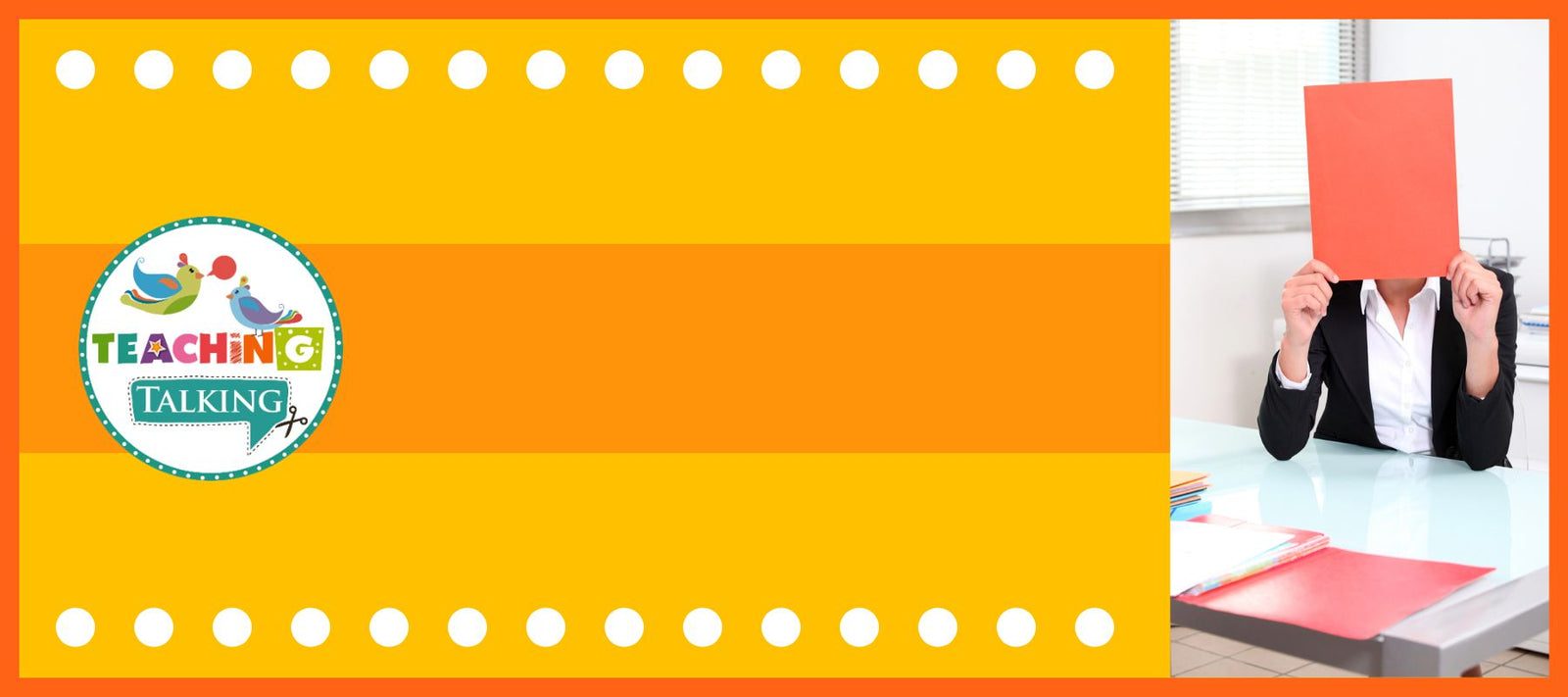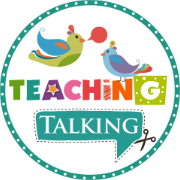
Leaning into your power as an introverted SLP
February 06, 2022 5 min read
A few weeks ago I made a post on social media about being an introvert in the extroverted world of 'Speech and Language Therapy.
The post blew up with comments from others who shared my experience. I posted that I had spent years 'faking' extroversion in my therapy before I realized I didn’t need to and that I was actually doing myself and my students a disservice. But for around a decade, I felt I always needed to be louder or somehow more energized to make me a better therapist. I know, I know! Crazy.
I think the pressure I felt to try to be someone that I wasn't probably had its roots in my training. If I really think back I can pinpoint it to a particular internship during my student days. It was a paired placement meaning that I was working alongside one of my fellow interns throughout.
It's been many years and I forget her name but I remember her wonderful energy! She was bubbly, talkative, animated and engaging. All characteristics you won’t see in me, (unless I'm with my closest friends!)

She and the supervising SLT really hit it off, they chatted animatedly about anything and everything at break times and I was happy to join in conversations when relevant but not with the same enthusiasm! Plus I was often lost in thought about the session we had just finished or the next one coming up. My mind wasn’t free to chat about a TV show from last night! I felt I was one step behind in the conversation.
Similarly, our therapy styles and client interactions were also different. She would have made a wonderful party entertainer and engaged groups of children easily. Whereas I connected quietly and deeply with caregivers and with children in a 1:1 setting; I admired her style and sometimes envied it but felt confident in my own abilities. My listening skills meant I often picked upon things in the diagnostic process that she missed.
But when she scored top marks on that placement and my own mark was much lower, I learned an important lesson. Society often places a higher value on extroverted personalities. From that time, in my group therapy at least, I started to fake being extroverted. Although I didn't label it that until many years later.
Faking an energy that wasn’t part of who I am, was exhausting. So much so that instead of chatting with colleagues at break times, I just wanted to hide and close my eyes. At one school where I saw children in groups all day long, the break room was also a large table of noise and I regularly spent my break time in a bathroom cubicle without turning on the light, quietly calming my body and my mind to have the energy to face my next session!
When I learned that being an introverted personality type was as common as being extroverted and that like me, many introverts feel the need to fake it, it was a lightbulb moment!
I didn’t need to be someone I wasn’t in order to be good at my job and I vowed to stop faking.
I wanted to find out more about how to protect my energy in healthy ways and how to be even more “me” in my work. Instead of hiding it I wanted to use my introverted strengths to the max.
I started with conversations with friends about how pleased I was to have discovered that this was a thing and that I could make my life easier and my energy greater by embracing my natural strengths and personality.
Do you know the biggest surprise?
So many people tried to convince me otherwise!

“You’re not an introvert!” (Ok, I acknowledge I'm great at being a fake extrovert!) but also "don't give yourself that label". Why? Because somehow it's negatively viewed by society? It's seen as a bad thing? A failing or flaw to be corrected. Not something to be embraced as a strength. How sad.
So, I'm writing this piece to highlight all the ways in which my introverted colleagues and I bring a very much needed and valuable contribution to the field. Whether you identify as introverted, or extroverted or you have never really thought about it, I hope this piece gives you food for thought and brings a new perspective to your work because do you know what? If 50% of Speech and Language Therapists are introverts, that means 50% of our students are too!
Here are three things I wish I had known years ago about being an introverted SPL...
Understand that being introverted can make you a BETTER Speech Language Practitioner.
As I mentioned above, for a long time I thought that being extroverted would make be better at my job - that's why I faked it for so many years! What I’ve learned in the past few years has turned my world around - my introverted qualities actually make me a better SLP! I might be quiet, but it means I listen more deeply and spot things that others might not see. When I take a ‘time out’ after a session to reset, I often find that the thinking time I have gives me more insight - I often have my biggest lightbulb moments in those reflective periods.
Know your worth and be confident in your abilities.
Once I realised how valuable my introversion could be to me as a Speechie, there was still more work to be done, because sadly, other people didn’t see what I saw. “But Kathryn, you’re just so quiet,” colleagues would say to me. “You should speak up more!” If I listened to those voices ALL the time I’d have a pretty poor opinion of myself! So now, when someone remarks upon my introverted nature, I make sure to tell myself (and them) one thing that is really positive about my introverted nature. Being an introvert doesn’t mean I can’t quietly stand up for myself!

Know when to ‘fake it’.
There are times when being able to speak up is advantageous, there’s no doubt. Every now and again, even if we feel like lurking in a corner, we need to speak up and be seen. I find that hard - especially because I spent so long faking it ALL the time, now, the thought of doing it even a little bit tires me out! I only do it when the benefit outweighs the risk; when I’m advocating for a child - or for myself!
Subscribe
Sign up to get the latest on sales, new releases and more …
